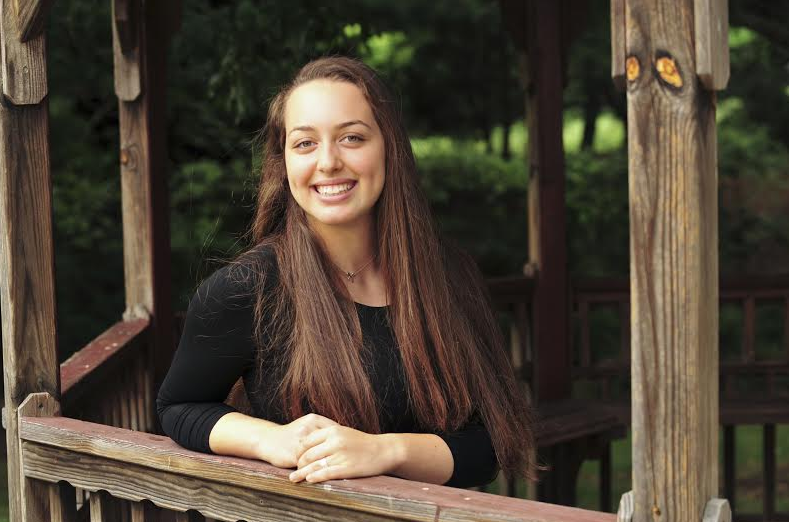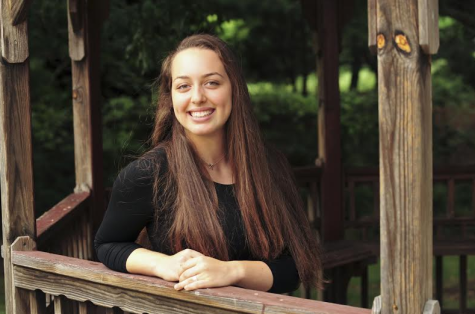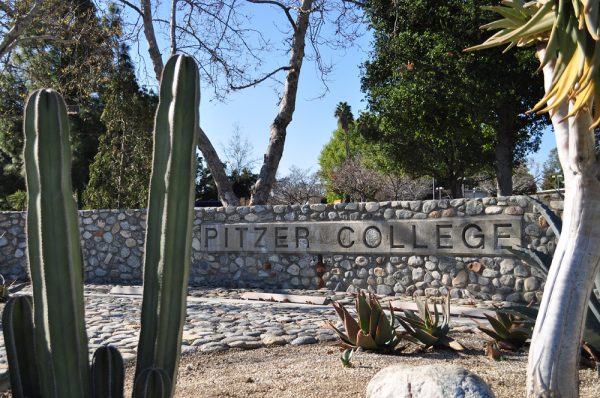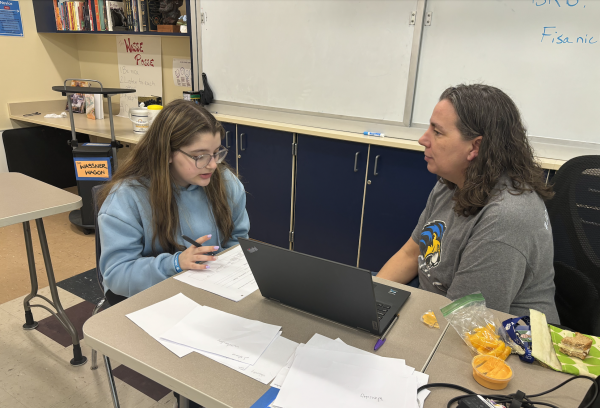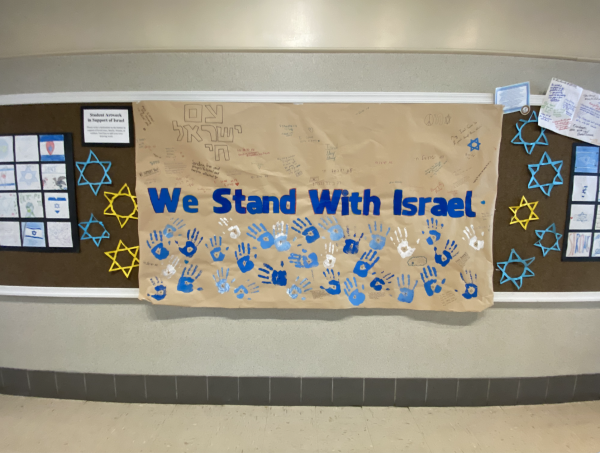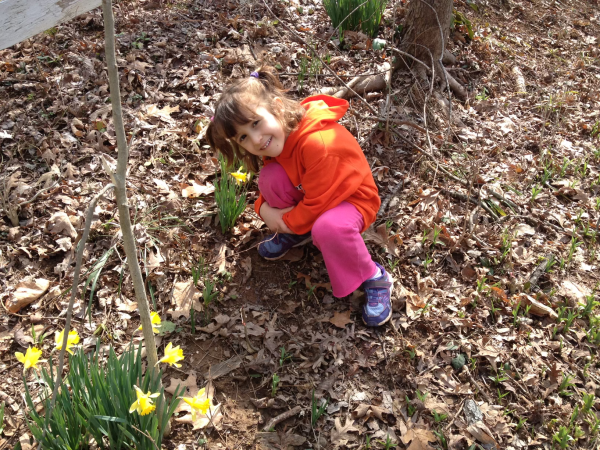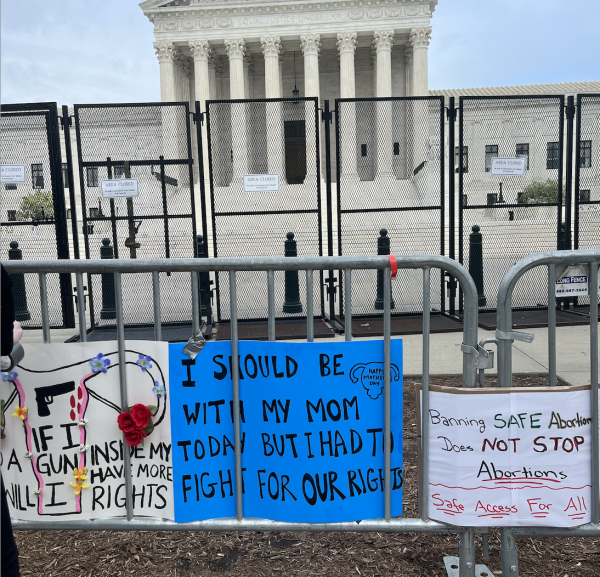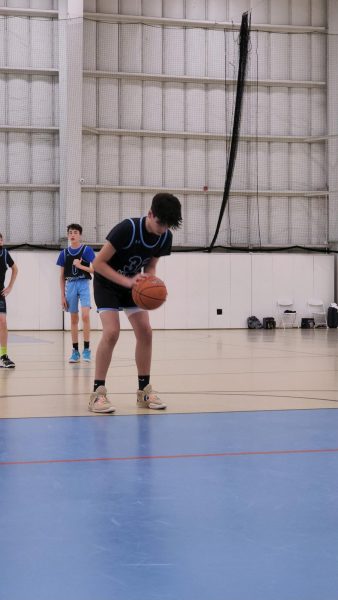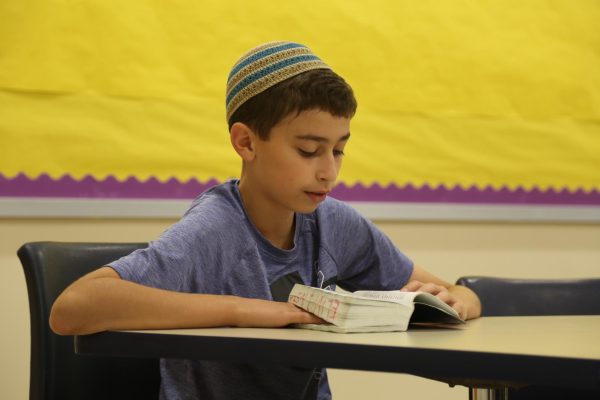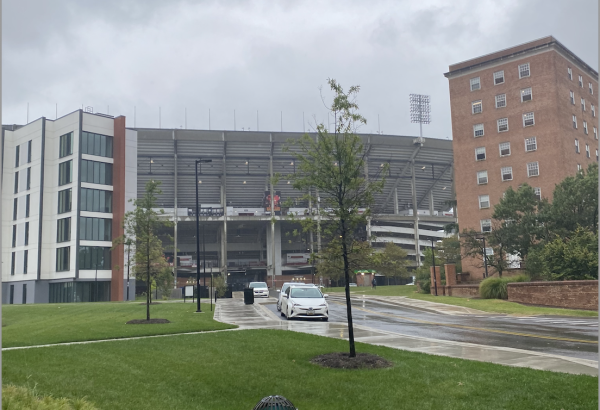It’s complicated: My relationship with the Israeli refugee crisis
January 30, 2016
This summer I was privileged to be a Fellow on the Bronfman Fellowship in Israel. Along with 25 other 17 year olds, I spent the summer discussing Judaism and the role of Judaism in the modern world. Over the course of the summer, we had the opportunity to speak to many important people including A.B. Yehoshua, Aviva Zornberg and M.K. Michael Oren. But the speakers that resonated most deeply with me were the South Sudanese and Eritrean refugees who told us their stories.
I want to share the story of Abu Bakar. A young man only a little older than me, 19 years old, from South Sudan. When he was 11 years old he fled the Sudan because of how dangerous it was. He left his country and his family and alone made the journey first to Egypt, and then to Israel. When he arrived six years later, he had no one, and he didn’t know the language. He needed help.
The Israeli government provided help for him, because when he arrived in Israel he was a minor, only 17 years old. He was placed in a youth village, learned in the school, worked in the kitchen. But when he turned 18, there was no more help for him. He became one of the 45,711 refugees currently in Israel for which no policies exist.
Israel is known for its welcoming of any Jew who wishes to find a home within the boundaries of the country. Israel is also famous for the humanitarian aid that it provides the world. Most recently, the country devoted entire field hospitals to assisting those in dire situations after the earthquakes in Nepal. Why were people like Abu Bakar who made their way into Israel and from within Israel’s borders exempt from the amazing humanitarian assistance that Israel provides the rest of the world?
One of JDS’ core values is tikkun olam, or the commitment to repair the world and make it more compassionate, just and peaceful. Over the past year we have watched the refugee crisis in Europe unfold on the front pages of all the major news organizations. Images of the death by drowning of a three-year-old Syrian child in the waters outside Hungary has broken all of our hearts. The world is confronting what happens when hundreds of thousands of refugees show up at your doorstep. Because they are there, knocking on your door, are you obligated to help them? There are more refugees currently in the world than there have been since World War II. This past summer, as I listened to Abu Bakar discuss his abandonment by the Israeli government, I was shocked and confused. I love Israel, I speak Hebrew fluently, I hope to move there one day. I know that these feelings are shared by many JDS students. The JDS community spends a lot of time focused on Israel. We have a class devoted to the Arab-Israeli conflict. We followed the 2015 Israeli elections in Hebrew classes and read Israeli newspapers documenting terrorism. But somehow after all this study, I knew nothing about people like Abu Bakar.
I believe that it is important for us, as students of a school that values ahavat yisrael, to be educated about the ways in which Israel fails in its humanitarian missions despite its many successes. Perhaps in years to come we, as a school, can make a difference in the lives of people like Abu Bakar if we can speak frankly about Israel’s refugee crisis within the context of the refugee crisis confronted by the world as a whole. Israel is a very real place, besieged, beautiful and just as myopic as the rest of us. To call attention to her failures as well as her triumphs will only serve to strengthen our relationship with Israel.


